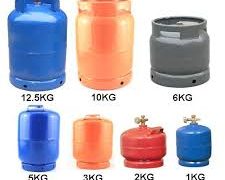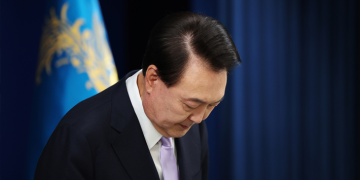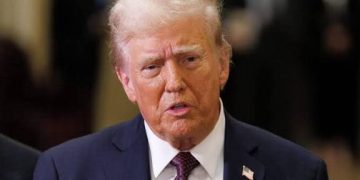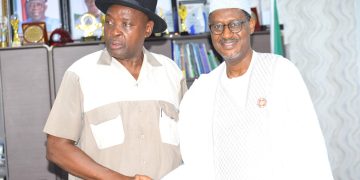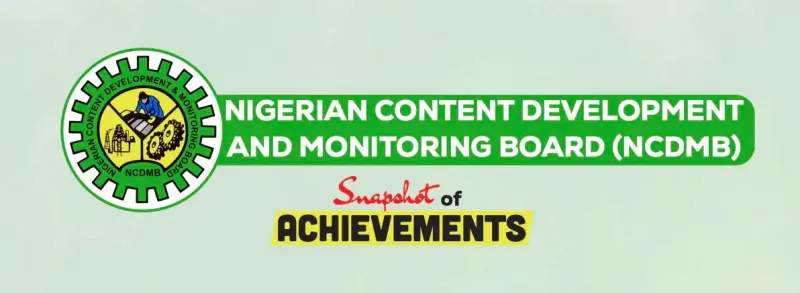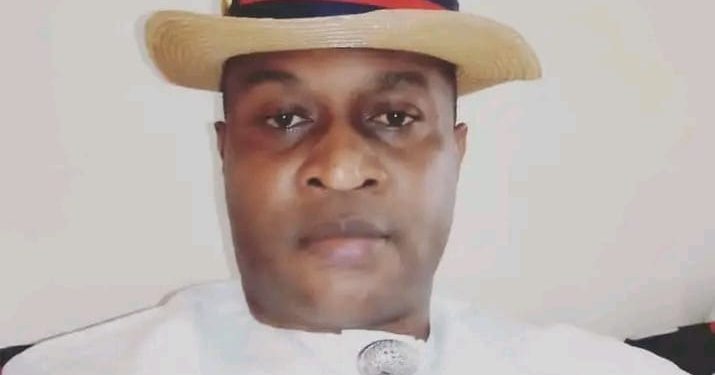The enduring question is whether Nigeria’s political elite can ever be trusted to manage public funds transparently for the benefit of all.
Yet the irony remains, the same Nigerians who were promised liberation from a corrupt system now find themselves paying more for less. Inflation has soared, insecurity has worsened, and faith in government promises continues to dwindle.
The removal of fuel subsidy in Nigeria has unleashed an unprecedented wave of economic hardship across the country, deepening poverty and amplifying the struggles of millions of ordinary citizens. While the government continues to tout the policy as a necessary step toward economic recovery, the benefits remain largely invisible to the common Nigerian, whose daily reality has been defined by hunger, insecurity, and soaring living costs. The question remains: where has all the money from subsidy removal gone?
When President Bola Ahmed Tinubu announced the end of fuel subsidy in May 2023, he described it as a “bold and unavoidable decision” to save Nigeria from economic collapse. Yet, the economy was far better off before he took office. According to the Federal Government, subsidy payments had become a historic financial drain, costing the nation over $84 billion. But Nigerians continue to ask: where is the $84 billion that was supposed to be saved?
Officials argue that ending the subsidy freed up revenue to finance over 40 critical road projects and fund other public infrastructure within two years. But again, citizens ask: where are the roads and infrastructure?
However, these proclaimed gains have not translated into tangible relief for the average Nigerian. Instead, the policy has triggered what many describe as a national nightmare. Before the subsidy removal, the naira traded at about ₦350 to the U.S. dollar; today, the exchange rate has plummeted to around ₦1,500 to $1. Despite official claims of improved fiscal health, hospitals remain in shambles, unemployment is rising, and essential goods are beyond the reach of ordinary people. For most Nigerians, it is difficult, if not impossible, to believe they are benefiting from a policy that has only intensified their suffering. As many lament, Nigeria has not been blessed with good leaders.
This is not the first time Nigeria has attempted to reform its fuel subsidy system. The administration of former President Goodluck Jonathan also argued that the subsidy primarily benefited the wealthy and smugglers, rather than the poor.
But the citizens saw things differently. For many Nigerians, the fuel subsidy was one of the few tangible benefits they received from a government widely perceived as corrupt and disconnected from their realities. Widespread protests, strikes, and civil unrest eventually forced Jonathan’s administration to partially reinstate the subsidy reemphasizing the deep mistrust between the government and its people.
Over a decade later, that mistrust persists. Nigerians remain skeptical that the billions supposedly saved from subsidy removal will ever reach them. The rising cost of food, transportation, school fees, rent, and basic commodities has eroded disposable incomes and pushed millions further into poverty on a scale never seen before in the nation’s history.
Before President Tinubu’s administration, the average fuel price stood at ₦254 per litre in April 2023. By July, it had surged to ₦617, and continued to climb to an average of ₦600.35 nationwide. Today, the price of fuel is approaching ₦1,000 per litre. This singular effect has devastated the economy, especially for the poor. Yet, there are those in Nigeria, people with influence and connections to the very top, who remain insulated from this hardship, living comfortably above the crisis that consumes millions.
As fuel prices soared, transportation costs multiplied, forcing farmers, traders, and small business owners to raise prices just to survive. Almost every sector is barely staying afloat, yet the government insists that “things have improved.”
The Director-General of the World Trade Organization, Ngozi Okonjo-Iweala, has praised President Tinubu’s economic reforms for stabilizing Nigeria’s economy despite widespread hardship, calling on the government to focus next on growth and protecting vulnerable citizens. “You cannot really improve an economy unless it’s stable,” she said. “So he has to be given credit for the stability of the economy. The reforms have been in the right direction.”
While her assessment may hold at a macroeconomic level, for ordinary Nigerians, the reality is starkly different. They are still struggling to put food on the table. These so-called reforms may have boosted investor confidence, but they have also brought painful consequences in the form of soaring inflation and an unbearable cost of living.
The effects of subsidy removal ripple through every layer of society. Small and medium-sized enterprises (SMEs) have been hit hardest. Many are struggling to cope with escalating operational costs from energy expenses to logistics. Some have resorted to downsizing; others have shut down entirely. The result is a sharp increase in unemployment and a decline in productivity.
Transportation, the backbone of Nigeria’s informal economy, has become prohibitively expensive. The increased cost of moving goods from farms to markets has inflated food prices, further fueling hunger and malnutrition. Ordinary citizens now spend a disproportionate share of their income on fuel and food, leaving little for education, healthcare, or savings.
While oil marketing companies and certain government-linked entities appear to be the main beneficiaries of deregulation, the grassroots population continues to bear the brunt. The Federation Account Allocation Committee (FAAC) reported that petrol subsidy costs reached ₦1.57 trillion in 2021 and ₦1.27 trillion in just the first five months of 2022. To sustain subsidy payments until mid-2023, the government budgeted an additional ₦3 trillion a figure officials now claim is being redirected toward development projects. Yet, the impact of such reallocation remains unseen in the daily lives of Nigerians.
President Tinubu maintains that his administration inherited a “near-collapsed economy” and that subsidy removal was essential to “rescue the nation” and “redirect its wealth to benefit ordinary citizens.” In his Independence Day address marking Nigeria’s 65th anniversary, he emphasized that the subsidy system had long favored a “tiny minority” at the expense of the masses.
Former President Muhammadu Buhari once argued that there was “no real subsidy,” insisting that previous governments had used the policy as a smokescreen for corruption. However, even in the current dispensation, allegations of mismanagement, opacity, and favoritism continue to cloud public perception.
The theoretical advantages of subsidy removal fiscal savings, market efficiency, and investment attraction sound convincing on paper. But the Nigerian experience reveals a deeper truth: without robust institutions, transparency, and accountability, even the most well-intentioned reforms can become instruments of suffering.
As the gap between government rhetoric and lived reality widens, Nigerians are left to grapple with a simple but profound question: Who truly benefits from subsidy removal?
For now, it appears the answer lies not with the people on the streets, but with the powerful few at the top those who continue to profit from policies made in the name of the poor, yet paid for by their pain.
Daniel Okonkwo is a seasoned writer, human rights advocate, and public affairs analyst, renowned for his thought-provoking articles on governance, justice, and social equity. Through his platform, Profiles International Human Rights Advocate, he consistently sheds light on pressing issues affecting Nigeria and beyond, amplifying voices that call for accountability and reform. He is also a professional transcriptionist and experienced petition writer, with over 1,000 published articles to his credit on Google. Many of his works have been featured in Sahara Reporters and other major news outlets. In addition, he works as a ghostwriter, freelancer.










